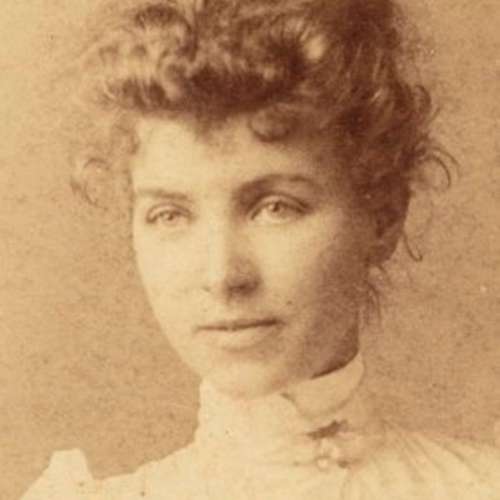
By Kate Shilling — 13th March 2023
March 2023 marks Women’s History Month, an important time to reflect on the contributions and achievements of women throughout history.
We can all name some of the world’s most significant females throughout the ages, from Cleopatra and Joan of Arc, to Florence Nightingale and Marie Curie. But if you take the time to research your own family history, you’re bound to discover some pretty amazing women much closer to home. Perhaps they withstood the hardships of immigration, the Great Depression or even the world wars. Maybe they struggled to raise their children without support or lived as best they could with illnesses and physical conditions that no longer exist today. Perhaps they succeeded in forging a career against all odds, in a world where education for women could not be taken for granted.
Whatever they went through, these women’s lives form part of what makes you the person you are today. By understanding and passing on stories about the amazing females in our family trees, we can help to inspire the next generation of women leaders and change-makers.
To celebrate Women’s History Month, the Royal Australian Historical Society is shining a spotlight on Australian women that have contributed to our history in meaningful ways. Visit this page throughout the month of March to find out about the diverse contributions women have made to Australia’s history: click HERE.
To whet your appetite, read on for two incredible Australian women, offering powerful insights into the adversities women have prevailed against throughout history.
Fanny Balbuk Yooreel (1840-1907)
Fanny Balbuk was a Noongar woman who lived in what is now Perth, Western Australia during the 19th century. She was a powerful voice for her people and fought tirelessly against the destruction of their land and culture by colonial settlers.
Fanny grew up in the area around Perth and had a deep knowledge of the land and its history. She was fluent in both English and Noongar, and used her language skills to communicate with settlers and challenge their actions.
One of Fanny's most notable actions was her protest against the construction of a road through a traditional Noongar camping ground. She confronted the workers and the government officials in charge of the project, insisting that they had no right to destroy sacred land. She also worked to protect burial sites and other culturally significant areas.
Fanny's activism made her a target of colonial authorities, who saw her as a threat to their control of the region. She was arrested and imprisoned several times for her activities, but she continued to speak out against injustice until her death in 1907.
Today, Fanny Balbuk Yooreel is remembered as a hero of the Noongar people and a symbol of resistance against colonialism. Her legacy lives on in the ongoing struggle for Indigenous rights and recognition in Australia.
Caroline Chisholm (1808-1877)
British-Australian social reformer and philanthropist who played a key role in assisting female immigrants to Australia in the mid-19th century. She is known for her tireless efforts to improve conditions for women and families during a time of great hardship and upheaval.
Caroline established a shelter for women in Sydney, which provided accommodation, education, and employment opportunities for female immigrants. She also worked to improve conditions on migrant ships, campaigned for the rights of women and children, and set up a network of volunteers to assist migrants in finding work and housing.
Caroline's work was ground-breaking at the time, and she faced significant opposition from those who believed that women should not have access to education or employment. However, she persevered, and her trailblazing efforts helped to lay the groundwork for a more just and equitable society.




